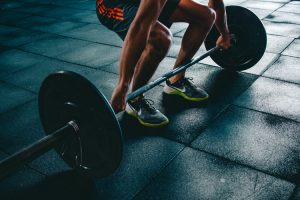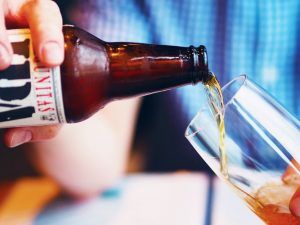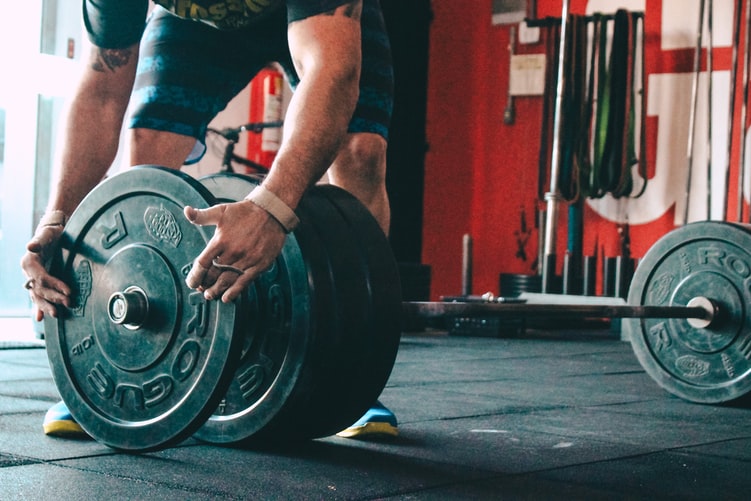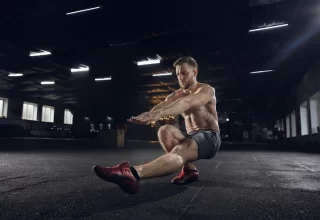How Does Alcohol Negatively Affect An Athlete?
Everyone loves drinking now and then. Who can imagine a night of partying without getting a bit tipsy? But drinking may prove to be harmful to athletes who maintain a strict physical regime. Undoubtedly, alcohol is unhealthy; it is more so for an athlete.
It declines physical abilities during exercising and impacts brain performance negatively. In addition, alcoholic beverages cause dehydration as the chemical content of liquor reduces the amount of urine absorbed by the kidneys. Moreover, one sweats during a workout because his body temperature rises. So, a combination of sweating and the diuretic effects of alcohol increases the possibility of dehydration.
Contents
How To Avoid Dehydration:
To maintain normal blood flow in your body, you need to stay hydrated during exercising. Therefore, drinking water is essential for body organs to perform well during workout activity. Various apps help you monitor your water drinking, reminding you to drink water at different points throughout the day.
- Alcohol makes one unstable and damages the body’s metabolism. Drinking alcohol increases insulin secretion leading to low blood sugar levels or hypoglycemia. So, after getting intoxicated, blood sugar levels goes more down, and your performance suffers.
- Alcohol harms one’s mental endurance, stability, coordination, reaction time. This slowing down may lower an athlete’s performance and may increase the risk of injury. One must drink a lot of water to stay hydrated during and after exercise.
1. Pre-Exercise Drinking:

Exercising after a day of consuming alcohol can considerably affect your performance. Mild hangover symptoms such as allergies and headaches can make you feel irritated. Since alcohol disrupts sleep, exercising on the second day after drinking alcohol can impair your workout performance. Too much alcohol consumption can also increase the risk of arrhythmia, proving fatal for physical health. For best workout results and to lower health risks, stop drinking excessively.
Get Touch With: How to Explain Your Addiction to Your Loved Ones
2. Alcoholism & Obesity:

The calorie content is high in alcoholic beverages. Therefore, it is worth remembering that alcohol can cause obesity. The easiest way to avoid weight gain caused by alcohol is by reducing alcohol consumption.
3. Stop Drinking Altogether:

Alcohol causes serious harm to physical and mental stability; therefore, an athlete must get rid of it. It will be helpful to learn how to detoxify your body from the harmful toxins of alcohol. The detox period is the first step in the treatment of alcoholism. During detoxification, liquor gets discharged from the body through urination.
- Alcohol is a sedative, and your body gets used to it for months and years of drinking. Therefore, when you stop drinking, your body needs time to adjust to the new system.
- Discontinuing alcohol begins withdrawal symptoms such as cephalalgias, fever, nausea, and hallucinations. Although some people may only experience the mild effects of alcoholism, others experience severe pain. Withdrawal symptoms can cause serious physical harm, so many a time, doctors supervise the process of detoxification.
- Experienced therapists at the rehabilitation center can help you relieve pain with various medications. In addition, detoxification therapy will help you focus better on your recovery and enhance your exercise ability.
Read Also:
- Why you should consider working with a personal trainer
- Top 10 Best Shoulder Press Machine To Pump Up Your Shoulder
- 6 Things To Know Before You Start A SARM Cycle



